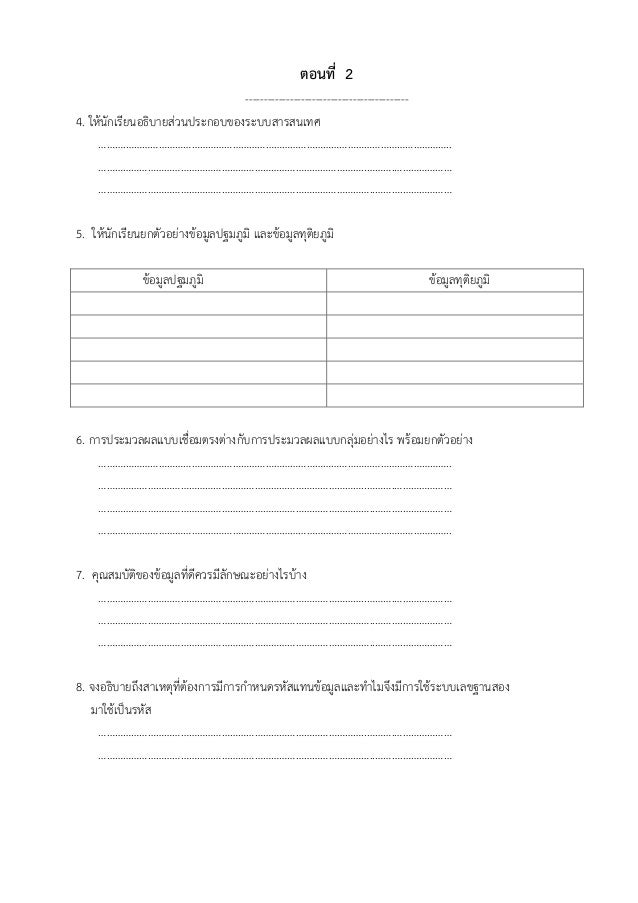

- #Exifrenamer 2.1 drivers
- #Exifrenamer 2.1 update
- #Exifrenamer 2.1 software
- #Exifrenamer 2.1 series
- #Exifrenamer 2.1 mac
This is used by, for example, OpenOffice. I prefer to run Parallels in coherence mode with the OS X dock on the bottom of the screen and the Windows XP taskbar on the left So I generally use Parallels only to run the Windows applications that I prefer over their OS X counterparts. When I leave Parallels running overnight, it tends to develop a memory leak and complains about not having enough video memory, even though my MacBook is quote robust. I run Parallels (version 5160) on my MacBook to run OS X and Windows applications side by side. If Apple would fix the few things that are wrong with the Finder (by adopting what is good about Windows Explorer), then OS X would be nearly perfect.

"C:\Program Files\Webroot\Washer\SchdWash.exe"
#Exifrenamer 2.1 series
To deal with all of these problems, I run a series of schedules tasks: I have to wrestle daily with deleting temporary files, cleaning registry entries, sweeping for viruses and spyware, defragmenting disks, and dealing with memory leaks. *Windows Explorer does, however, do a good job at lots of things that matter to me: tiling windows (which I do hundreds of times per week), maximizing windows, navigating windows (the lack of a “parent folder” icon in OS X is maddening), finding files.īut Windows Explorer is about the only thing I really like about Windows XP. In September 2007, I purchased 5 boxed copies of Windows XP. In April 2007, Microsoft announced that Windows XP was going to be retired in January 2008. Windows Vista is bloatware, emphasizing form over function. Microsoft should do what Apple did with OS X: rebuild it from scratch on top of a stable UNIX operating system.
#Exifrenamer 2.1 update
Running Windows Update only annually also helps keep Windows XP relatively stable. I intend for this to be my last Windows operating system. Note that there are some essential applications (such as QuickBooks) that are not my favorites. I have, however, indicated my *favorite applications in each category by including an asterisk (*) next to the filename.
#Exifrenamer 2.1 software
Software that also works in Linux is a plus, but I’ve pretty much given up on Linux on the desktop: too many distros, too few standards, not enough of the software that I need. And I am interested in software that works in both operating systems. I am interested in trends across operating systems. I use both OS X and Windows XP daily, rely on both, and prefer each for some tasks. I do not intend this to be a Macintosh-vs-Windows (or Windows-vs-Macintosh) article, but I will review software from each OS in each category. So this is one area where Windows is superior to OS X. This includes Apple and third-party applications. Some OS X applications object to being moved from their default location and will break if you move them. But because OS X uses the actual applications (not shortcuts), I can only organize some applications into their appropriate folders. Since Windows uses shortcuts (“aliases” in OS X, “links” in Linux) for the Start menu, I can reorganize them to my heart’s content.
#Exifrenamer 2.1 mac
My Windows “Start” menu and my Mac “Applications” folder look like this: Which maps nicely onto PCs, Macs, and services. I’m also adding a “Google” category to my blog, because it’s clear to me now that the computing world is dominated by three key players: Microsoft, Apple, and Google. So perhaps the rise of services (and the inclusion of “services” as a category) is the real story of 2007. In 2008, I’m switching from Eudora (a PC-based and Mac-based email client) to Google’s Gmail. I used to use a PC-based RSS reader, but now I use Google Reader. Some software applications (like backup via ) include server (or service) components, but that’s not really what I mean by “services.” Others software services require no client-specific software (other than a web browser).
#Exifrenamer 2.1 drivers
But one of my software categories is “Hardware” (where I keep drivers and the like), so the addition of hardware was a logical extension. I originally intended only to include software.

This article quickly became longer and more detailed than I had intended. This is my review of the software, hardware, and services that I was using in 2007.


 0 kommentar(er)
0 kommentar(er)
